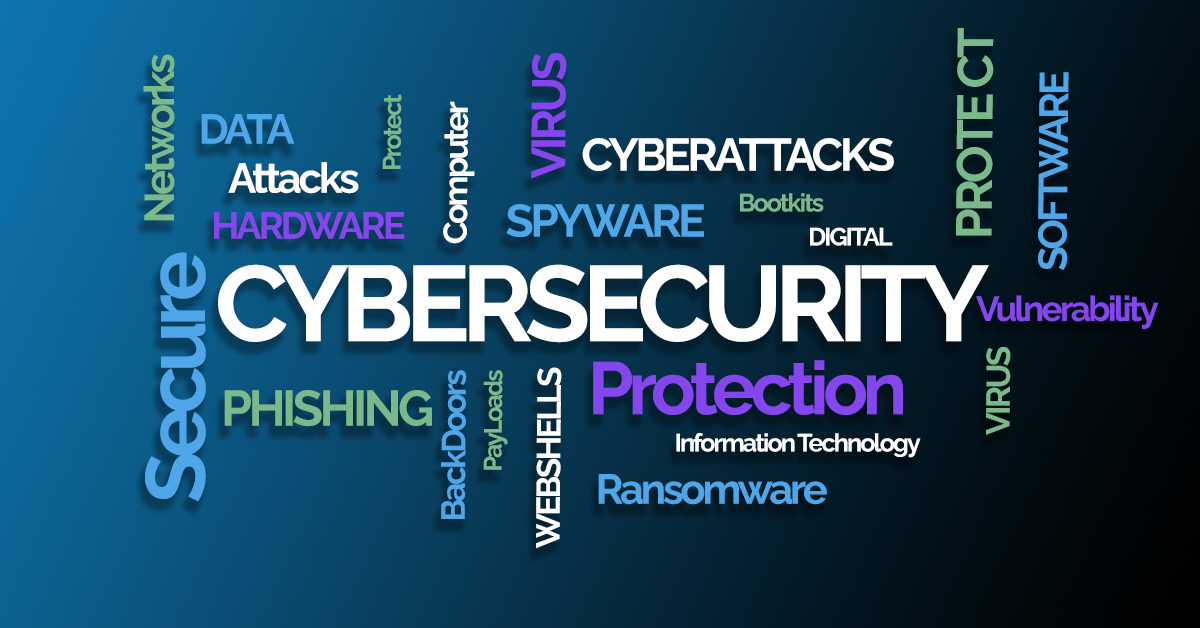Cybersecurity is an essential aspect of modern digital infrastructure. As we increasingly rely on the internet for work, education, social interaction, and commerce, the risk of cyber threats continues to grow. From phishing attacks to ransomware and data breaches, businesses and individuals are facing a constantly evolving landscape of cyber threats. In this blog, we'll explore the importance of cybersecurity in today's world and discuss best practices for protecting your digital assets.
With the rise of sophisticated cyber-attacks, it has become more important than ever to safeguard sensitive information and ensure privacy online. The consequences of a security breach can be devastating, leading to loss of financial assets, compromised personal information, and even reputation damage. Therefore, businesses and individuals alike must adopt robust cybersecurity practices to defend against these ever-present threats.
Why Cybersecurity is Crucial
The need for strong cybersecurity practices has never been greater. Some of the key reasons why cybersecurity is crucial are:
Protection of Sensitive Data : Cybersecurity helps protect sensitive personal and financial information from theft and exploitation.
Safeguarding Business Assets : For businesses, cybersecurity helps protect intellectual property, customer data, and other vital assets from hackers.
Prevention of Cybercrime : Cybersecurity systems help prevent various forms of cybercrime such as identity theft, fraud, and ransomware attacks.
Cybersecurity is not just a technical issue; it’s a business and personal responsibility.


Key Cybersecurity Best Practices
To protect against cyber threats, both individuals and organizations should implement the following best practices:
- Use Strong Passwords : Implement strong, unique passwords for each account and use password managers to store them securely.
- Enable Two-Factor Authentication : Two-factor authentication (2FA) adds an extra layer of security to your accounts, making it harder for attackers to gain unauthorized access.
- Keep Software Updated : Regularly update your operating systems, browsers, and software to patch vulnerabilities and prevent exploits.
- Educate and Train Employees : In businesses, educating employees on security protocols and how to recognize phishing scams can prevent many attacks.
- Use Encryption : Encrypt sensitive data both in transit and at rest to ensure that even if it's intercepted, it remains unreadable.
- Backup Data Regularly : Regular backups help ensure that you can recover your data in case of an attack like ransomware.






Leave a comment